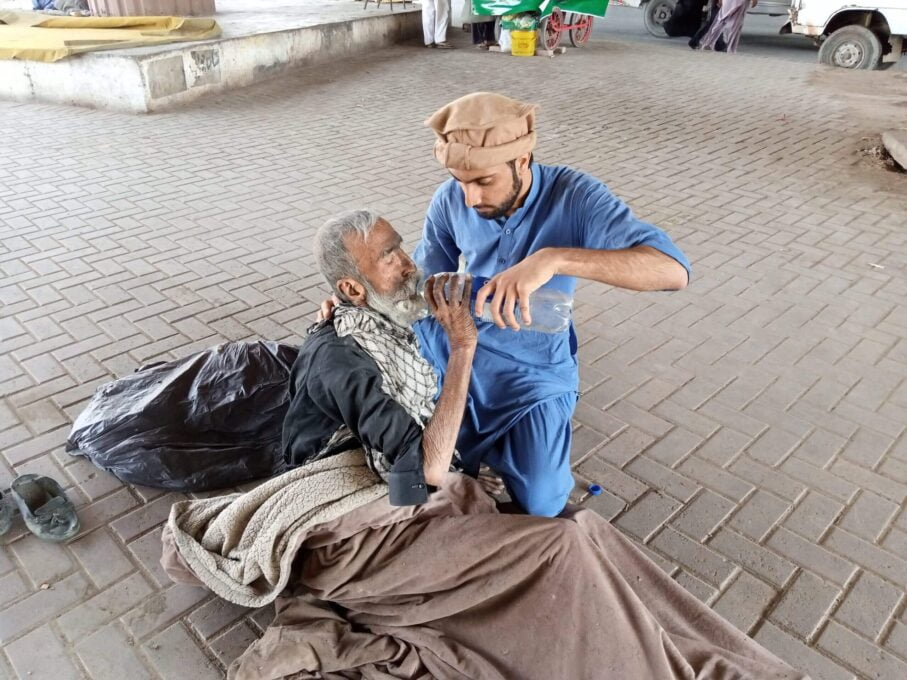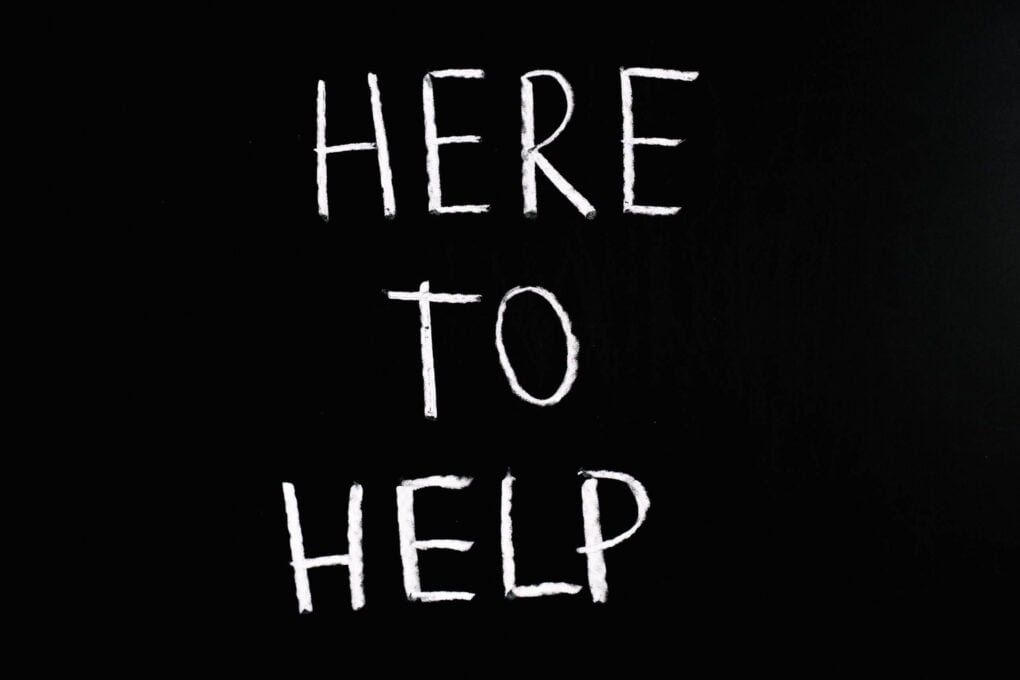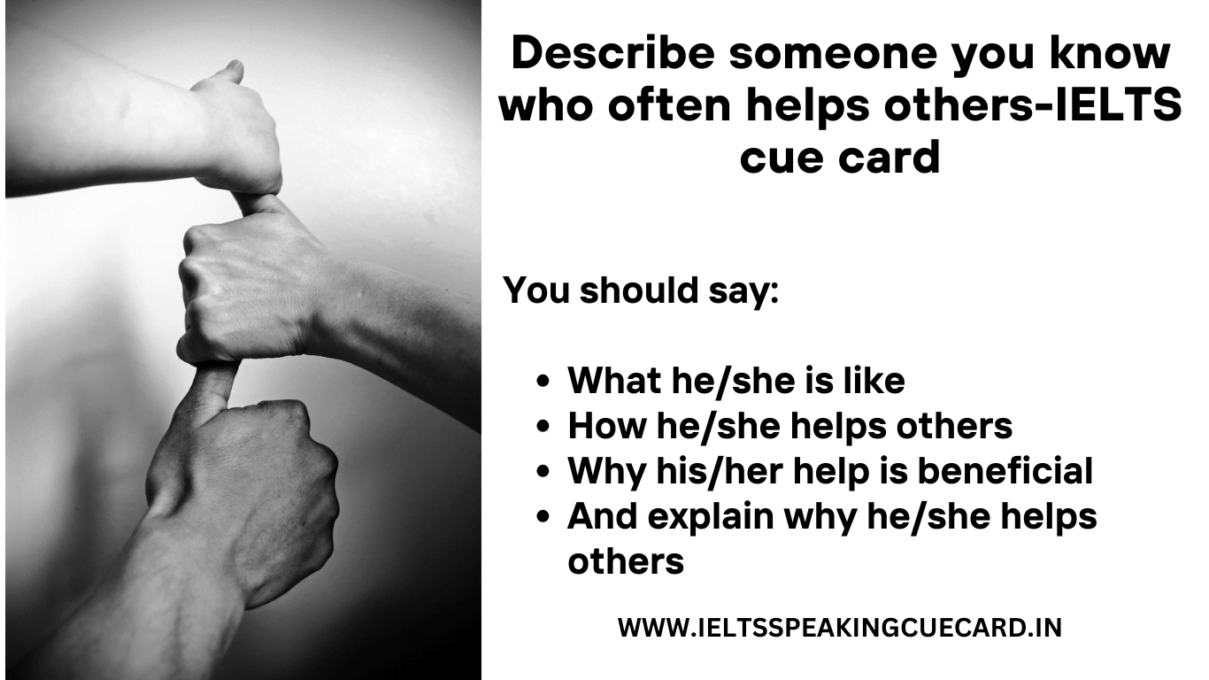Describe someone you know who often helps others IELTS CUE CARD
You should say:
- What he/she is like
- How he/she helps others
- Why his/her help is beneficial
- And explain why he/she helps others
Sample Answer-1

Describe someone you know who often helps others IELTS CUE CARD
Introduction:
Let me introduce you to a remarkable person in my life, my friend Aryan, who exemplifies the true spirit of kindness and altruism. Aryan is not just a friend; he’s a beacon of support and generosity that brightens the lives of those around him.
What he/she is like:
Aryan is an affable and empathetic individual, always wearing a warm smile that puts people at ease. His friendly demeanor and approachability make him someone everyone feels comfortable reaching out to for assistance or guidance.
How he/she helps others:
Aryan’s way of helping others is both diverse and impactful. From assisting classmates with their studies to volunteering at local community events, he dedicates his time and efforts to make a positive difference in the lives of those he encounters.
Why his/her help is beneficial:
The ripple effect of Aryan’s help is profound. Whether it’s tutoring a struggling student or participating in community clean-up drives, his actions contribute to fostering a sense of unity and support within our community. The academic improvement of his peers is a testament to the tangible benefits of his assistance.
And explain why he/she helps others:
Aryan’s innate desire to help others stems from his belief that collective well-being is the cornerstone of a harmonious society. He often emphasizes the importance of empathy and the joy one experiences by making a positive impact on someone else’s life.
Sample Answer-2

Describe someone you know who often helps others IELTS CUE CARD
Introduction:
Let me share with you about a wonderful person in my life, my cousin, Riya, who has an innate quality of helping others without a second thought. She embodies kindness, making her a beacon of support in our family and community.
What she is like:
Riya is a compassionate and cheerful individual, always wearing a smile that radiates positivity. Her amicable nature makes her approachable, and people are naturally drawn to her for advice and assistance.
How she helps others:
Riya extends her help in various ways. Be it tutoring neighborhood kids in their studies or assisting elderly neighbors with their daily chores, she selflessly contributes her time and effort to make a positive impact on others’ lives.
Why her help is beneficial:
The benefit of Riya’s help extends beyond the immediate tasks. She creates a sense of unity and support within our community. Her tutoring, especially, has significantly improved academic performance among the kids she mentors, creating a ripple effect of educational empowerment.
And explain why she helps others:
Riya’s inclination to help others is deeply rooted in her belief that a small act of kindness can make a big difference. She often says that the joy of seeing someone else succeed or overcome a challenge is the most fulfilling reward one can experience.
Follow-up Questions:
1.Do people nowadays help others more than in the past?
In some ways, yes. The increasing awareness about social issues and the interconnected global community has prompted more people to engage in helping others. However, the extent may vary based on individual values and societal changes.
2.Who should teach children to help others, parents or teachers?
Both parents and teachers play crucial roles in shaping a child’s character. While parents instill values at home, teachers reinforce them in an educational setting. A collaborative effort between the two is essential.
3.In what kind of professions do people help others more?
Professions in healthcare, social work, and education are inherently focused on helping others. However, acts of kindness and support can be found in various fields where individuals are driven by a sense of community and service.
4.Why are some people willing to help others?
The willingness to help others often stems from empathy, a sense of moral duty, or personal experiences that evoke a desire to make a positive impact. Cultural and societal values can also influence this willingness.
5.How can children help their parents at home?
Children can help their parents by taking on age-appropriate responsibilities, such as cleaning their rooms, setting the table, or assisting with simple household chores. This fosters a sense of responsibility and contributes to family harmony.
6.Should children be taught to help others?
Absolutely. Teaching children to help others cultivates empathy, compassion, and a sense of responsibility. These values contribute not only to personal development but also to building a more caring and harmonious society.
7.What makes children help each other at school?
Children helping each other at school is often driven by a natural inclination towards friendship and cooperation. Additionally, positive reinforcement from teachers and a supportive school environment can encourage collaborative behavior among students.
8.Should students do community service? Why?
Yes, students should engage in community service as it provides practical exposure to social issues, fosters a sense of civic responsibility, and instills values of empathy and compassion. It contributes to well-rounded personal development.
9.Do students in your country do volunteer work?
Yes, many students in my country actively participate in volunteer work, contributing to various community projects, environmental initiatives, and social causes. It’s heartening to see the youth actively involved in making a positive impact.
10.Why do some people do volunteer work all over the world?
People engage in volunteer work globally for various reasons, including a genuine desire to help others, a sense of social responsibility, and the belief that collective efforts can bring about positive change. Volunteer work also offers personal growth and fulfillment.

